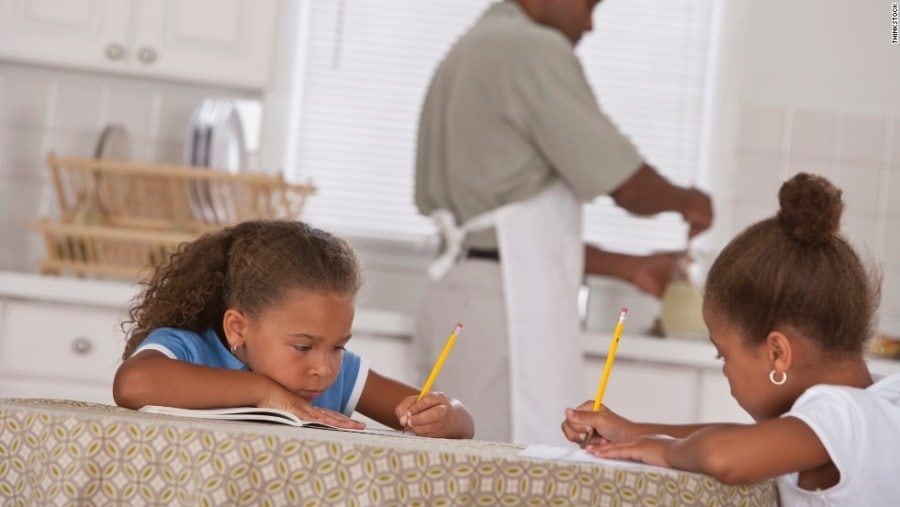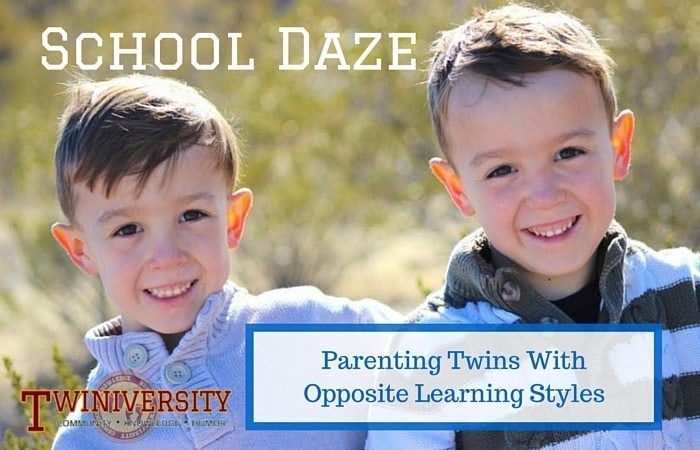Last updated on February 22nd, 2024 at 04:19 pm
This morning I attended a conference requested by my daughter’s teacher. It is always a bit disconcerting to be called in for a one-on-one meeting to discuss your child’s behavior and academic performance, especially when it has been just one month since the school-wide scheduled parent/teacher conferences! Meetings like these for my daughter, however, are not completely unexpected. My only daughter is mostly sweet, a ball of energy, and a social butterfly, but is also what many would call “strong-willed” and I prefer to refer to as “spirited.” In her mind academics are often secondary to what she thinks the purpose of school is – to play with and meet new friends!
There weren’t really any surprises at the meeting. My daughter has very sloppy handwriting, and cannot be coerced to take her time and write like she knows how. She talks too much, doesn’t pay attention as much as she should, and is a class “leader” that doesn’t always lead in the right direction. The teacher said that she will begin marking her work incorrect if it continues to be illegible, and will now stop allowing her to answer spelling and math problems out loud to confirm that she knows the answer that the teacher “thinks” she has written down. I assured the teacher that I would continue to work with my daughter at home, and encourage her to give more effort to her studies. Then again, I said the same thing to her at the conference a month ago, and have had many conversations with my daughter in the same vein, and I don’t seem to be getting through to her!

As I was leaving the classroom after the meeting, my twins (who have classrooms right next to each other) were arriving for the start of the school day. I greeted them – my daughter, surrounded by friends from the school bus, jumped in to my arms to give me a big hug. She was nervous about the meeting and wanted reassurance that I wasn’t “mad” at her. My son walked into the classroom looking serious and ready to get to work, and barely said hi while acting very nonchalant. He seems to already be at the, “Mom, you are embarrassing me” stage.
Just how different their school experiences and relationships seem to be was striking. Walking out of the school I couldn’t help but think back to the conference I recently had with my son’s teacher. His test scores and assessments are off the charts. He completes all assignments with diligence and an eye for detail. He participates in class, works hard, and is all around a pretty exemplary student. He, however, struggles a lot more than his sister to make friends and would rather read a book during recess than direct a group of kids in some elaborate game that he has created (the highlight of free time for my daughter). He genuinely loves learning, and class time; she would say lunch and P.E. are her favorite times of the day.
They are decidedly very different students, something I am not so great at remembering when it comes time to study or work on projects. I have, unfortunately, spent way too many hours harping on my daughter to study her spelling words, never once mentioning the spelling test my son also has at the end of each week, since he seems to pick them up during class time and she needs the extra time at home to really get them down. Or, letting him to take complete ownership of a project while allowing her to lean on me for more help than she actually needs. The result is that she thinks he is “smarter.” He thinks I “like her more” since I spend more time with her and her assignments, and overall we just really have not struck a good balance when it comes to parenting school age children.

I’ll admit that I was a bit annoyed at having to attend today’s parent/teacher conference. I pretty much knew what would be said, and didn’t really have a lot of great input that the teacher seemed to be seeking when she said she wanted to “discuss how to re-direct her choices.” I realize now, though, that this may be the impetus to getting a better handle on what we need to do manage twins with different learning styles. So, right now, I think these are some important things for me to remember as a parent of two young school-age children who happen to be in the same grade.
1. No Comparing
When my two were younger I had to remind myself, often, to not worry when one met developmental milestones at different rates than the other. That same lesson applies to school. As long as they are each learning what they are supposed to, and are both on track academically, it does nobody any good to fret over different test scores, or who has more or less red marks on graded papers.
2. Praise and Encourage
My two are not unique in that they respond much better to accolades than threats and punishments. When I make an effort to commend a job well done, or notice and congratulate one of my kids for taking the initiative to complete homework before it is due, we have a much happier household AND better students. The key is to recognize good things that both of them are doing, and not only bolster the one that seems to need it more. They both need praise and encouragement for completely different reasons.
3. Twins = Two Different People
Rarely do siblings, who are not multiples, work on homework simultaneously, or have such intimate knowledge of each other’s tasks and school responsibilities. I need to remember that it is okay (and is actually preferable) if they don’t do homework together, as long as it gets done. They don’t have to excel in the same subjects, or even have the same school interests. They are each individuals who shouldn’t be expected to act the same, think the same, or perform the same, just because they were born on the same day!
I know it will be a perpetual struggle to manage two different personalities and competencies throughout the school years, as a parent of twins. It is my hope, though, that I can help provide each of my kids with the tools they need to reach their full potential, and I think remembering these three things will help make that possible!

Shellie Fossick is “mom” to 9 year old boy/girl twins. She is also the Development Director for a non-profit organization that provides high-quality early care and education for more than 400 low-income children in Middle Tennessee. She lives in Nashville, TN with her husband and two children.







